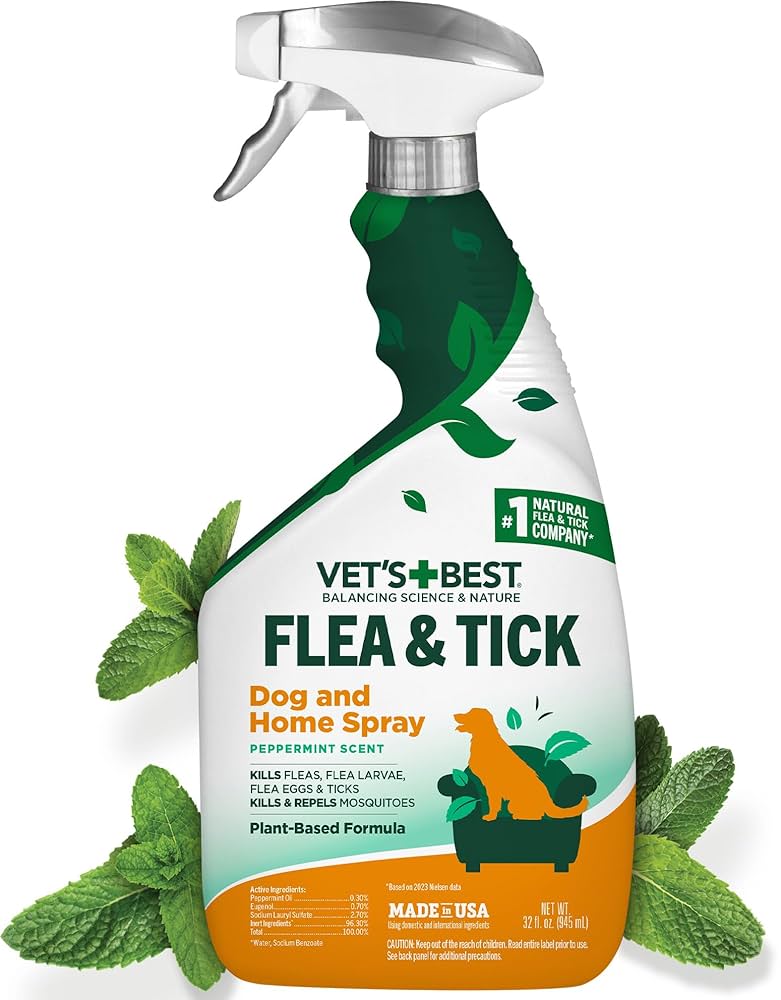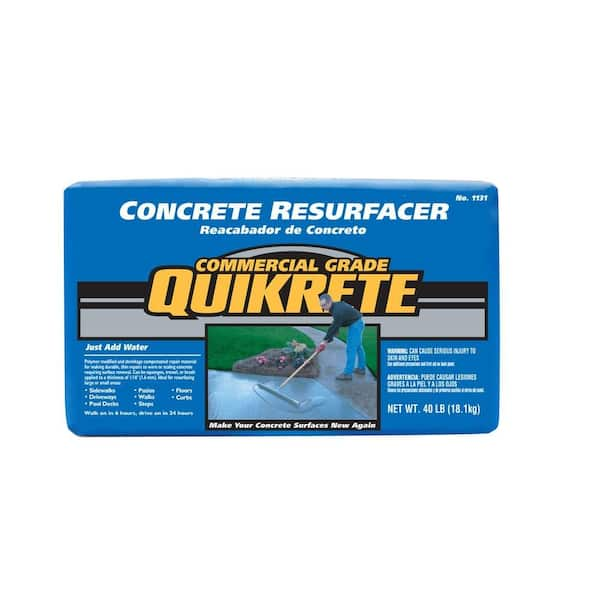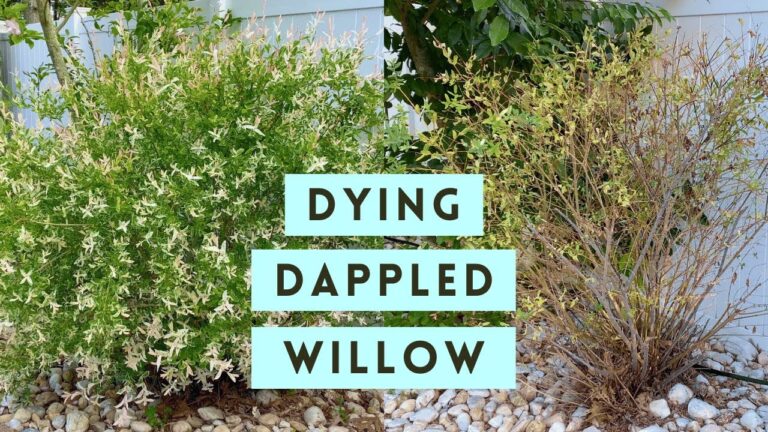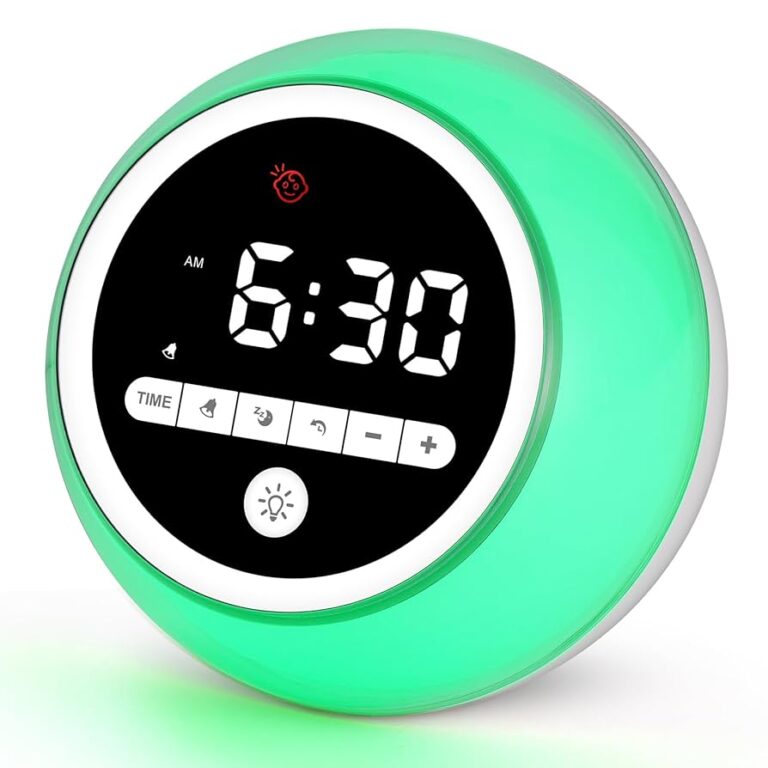What Natural Ingredient Kills Fleas: Discover the Secret
Imagine a world where your home is free from fleas, without the worry of harsh chemicals. Sounds perfect, right?
You’re not alone in this quest for a natural solution. Fleas can be a pesky problem, especially if you have pets. You’re probably wondering if there’s a natural ingredient that can effectively tackle these tiny invaders. The good news is, there is! You’ll discover a powerful natural ingredient that can help you reclaim your space.
So, if you’re ready to take control and make your home a flea-free zone, keep reading to uncover the secret weapon hiding in your pantry.
Natural Remedies For Flea Control
Natural remedies for flea control are gaining popularity as more pet owners seek safe and effective alternatives to chemical treatments. These remedies harness the power of nature to combat fleas, providing relief without harsh side effects. Imagine having a flea-free home without risking your pet’s health or the environment.
Natural Ingredient: Diatomaceous Earth
Diatomaceous earth is a fine powder made from fossilized remains of tiny, aquatic organisms. When sprinkled on carpets and pet bedding, it can effectively kill fleas by dehydrating them. It’s safe for pets and humans, but ensure you use the food-grade version.
Essential Oils: Lavender And Cedarwood
Essential oils like lavender and cedarwood are potent flea repellents. You can create a spray by mixing a few drops of these oils with water. Spray on pet bedding and around the house. Always test a small area to ensure your pet doesn’t have an adverse reaction.
Apple Cider Vinegar Bath
Apple cider vinegar is a natural flea deterrent. Add a cup to your pet’s bath water. The vinegar creates an unpleasant environment for fleas. Plus, it leaves your pet’s coat shiny and soft. Have you ever tried this simple trick?
Herbal Flea Collars
Herbal flea collars infused with natural oils can ward off fleas. They’re available in pet stores or can be homemade. Just soak a fabric collar in a mix of essential oils. It’s a hassle-free method to keep fleas at bay.
Lemon Spray
Lemons contain limonene, a natural flea repellent. Boil a sliced lemon in water, let it cool, and pour into a spray bottle. Use it to treat your pet’s fur and home. Could this be the citrus solution you’ve been searching for?
Have you experimented with any of these remedies? Finding the right natural flea control can be a game-changer for you and your pet. With options like diatomaceous earth and essential oils, the battle against fleas can be won naturally and safely.
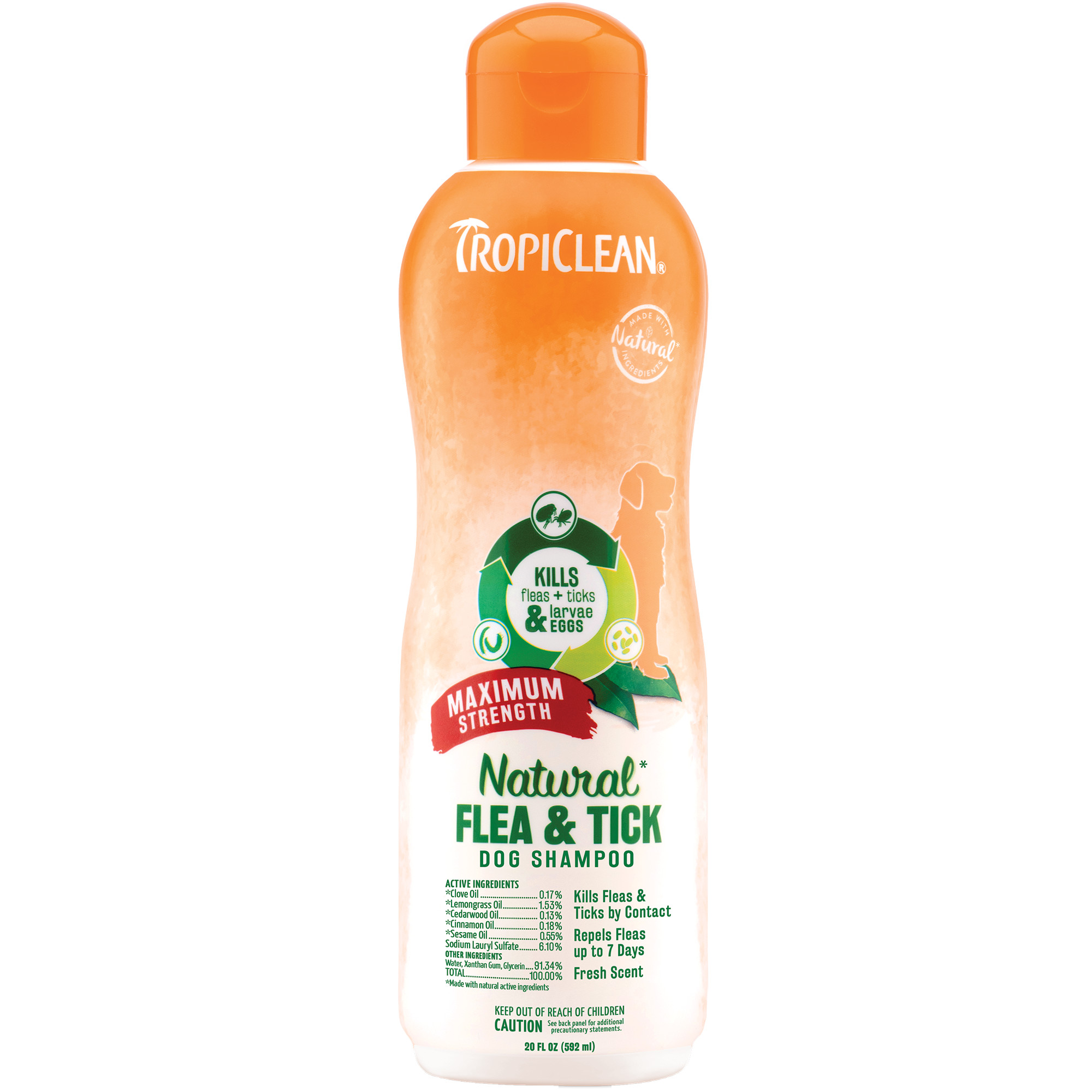
Credit: www.tropiclean.com
Lemon Juice Power
Imagine harnessing the power of something as simple as lemon juice to tackle fleas effectively. This citrusy wonder not only adds zest to your recipes but also serves as a natural flea repellent. The acidity in lemon juice can disrupt the life cycle of fleas, making it a smart choice for pet owners who prefer natural solutions.
Citric Acid Benefits
Citric acid, a key component in lemon juice, is known for its powerful cleansing properties. It can break down the waxy coating of fleas, making them vulnerable and easier to eliminate. Beyond its flea-fighting abilities, citric acid is a natural cleaner, which means it can help keep your home fresh and flea-free.
Using lemon juice not only targets fleas but also leaves a pleasant scent around your home. Think about how refreshing it is to breathe in citrus while knowing it’s working against pests. It’s a double win—clean and flea-free!
Homemade Lemon Spray
Creating a homemade lemon spray is a straightforward process. Start by boiling a few slices of lemon in water. Let it steep overnight for maximum potency. Strain the liquid and pour it into a spray bottle.
With your homemade spray ready, it’s time to apply it. Lightly spray it on your pet’s fur, avoiding their eyes and sensitive areas. You can also spray it in areas where fleas are likely to hide, like carpets and bedding.
Have you tried using lemon spray in your flea-fighting arsenal? If not, it might be the natural solution you’ve been searching for. This simple remedy could be the key to keeping fleas at bay without harsh chemicals.
By tapping into the power of lemon juice, you’re choosing a natural path that benefits both your home and your furry friends. Have you considered the impact of citric acid and its potential beyond just cooking? It might be time to explore its benefits in your flea control strategy.
The Wonders Of Vinegar
Vinegar, a common household item, holds surprising benefits for pet owners. Known for its versatility, vinegar serves as a natural flea repellent. Its strong scent and acidity can disrupt fleas, making it an effective, non-toxic option for flea control. This makes vinegar a great choice for those seeking natural alternatives.
Types Of Vinegar
There are several types of vinegar used for flea control. Apple cider vinegar is the most popular. It contains acetic acid, which fleas dislike. White vinegar is another option. It’s easily available and cost-effective. Both types can help in repelling fleas.
Application Techniques
Applying vinegar to combat fleas involves a few simple steps. First, create a vinegar solution. Mix equal parts of water and vinegar in a spray bottle. Shake well to combine. Next, spray the solution on your pet’s fur. Avoid eyes and ears. This can help repel fleas. For home use, spray the solution on carpets and furniture. Regular application increases effectiveness.
Another method involves adding vinegar to your pet’s bath. Add a cup of vinegar to the bathwater. This can provide additional flea repellent benefits. Consistent use is key for best results.
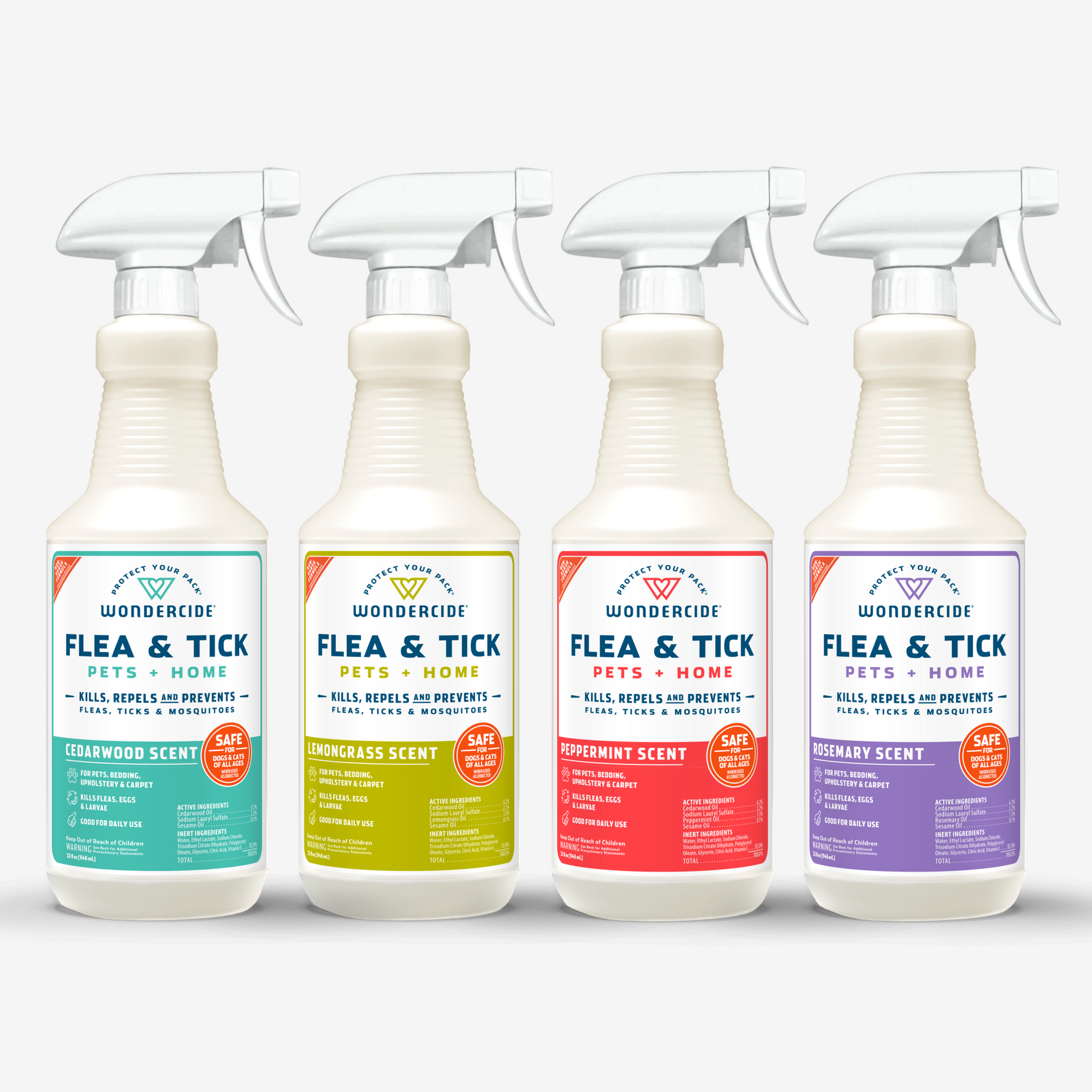
Credit: www.wondercide.com
Baking Soda And Salt Combo
If you’re struggling with a flea infestation and looking for a natural solution, the combination of baking soda and salt might be your answer. This simple yet effective remedy is not only affordable but also safe for your home. It’s surprising how these common household ingredients can tackle pesky fleas effectively.
Dehydrating Fleas
The magic behind the baking soda and salt combo lies in its ability to dehydrate fleas. Baking soda acts as a desiccant, absorbing moisture from the fleas and their eggs. Salt, on the other hand, adds to this drying effect, making it lethal for the fleas. Without moisture, these pests cannot survive, making this combo a powerful tool in your flea-fighting arsenal.
Consider this: you sprinkle the mixture across your carpet, and within hours, the fleas start to lose their grip on life. It’s a simple yet compelling way to rid your home of these nuisances. Have you ever thought that something as ordinary as baking soda and salt could become your secret weapon?
Carpet Treatment Method
Wondering how to put this combo to work? Start by vacuuming your carpets thoroughly to remove as many fleas as possible. Then, mix equal parts of baking soda and salt in a bowl. Sprinkle it generously across the carpet, focusing on areas where your pets spend most of their time.
Let the mixture sit for a minimum of 12 hours, or even overnight, for better results. The longer it stays, the more effective it becomes at dehydrating fleas. Once time is up, vacuum the area again, ensuring all traces of the mixture are removed. Can you imagine the relief of knowing your home is one step closer to being flea-free?
It’s an easy method that doesn’t require any special equipment or chemicals. Plus, you can repeat the process weekly until you’re certain the flea problem is gone. Isn’t it comforting to know that a flea-free home is within your reach with just two simple ingredients?
Essential Oils For Flea Repellent
Fleas can be a nuisance for pets and their owners. Many people prefer natural solutions for flea control. Essential oils are popular choices. They have strong scents that repel fleas. Not all oils are safe for pets, though. Knowing which oils to use is crucial.
Safe Oils For Pets
Certain essential oils are pet-friendly. Lavender oil is gentle and soothing. It repels fleas effectively. Lemongrass oil has a refreshing scent. It drives fleas away naturally. Cedarwood oil is another safe option. It disrupts flea life cycles. Always choose high-quality oils. Impurities can harm your pet.
Proper Dilution Guidelines
Essential oils are potent. Dilution is necessary for safety. Mix oils with water or carrier oils. Carrier oils include coconut or olive oil. A safe ratio is usually 10 drops per ounce. Test the mixture on a small skin patch. Watch for any reactions. Use sparingly to avoid irritation.
The Role Of Diatomaceous Earth
Fleas can be a persistent problem for pet owners. Many seek natural solutions to tackle these pests. One effective natural remedy is Diatomaceous Earth. This fine powder is made from fossilized algae remains. It offers a chemical-free way to eliminate fleas from your home. Understanding how it works and using it safely is key to success.
How It Works
Diatomaceous Earth has sharp edges at a microscopic level. These edges pierce the flea’s exoskeleton. This causes the flea to dehydrate and die. The process is mechanical, not chemical. This makes it a preferred choice for many. The powder does not harm humans or pets when used correctly.
Safe Usage Tips
Always buy food-grade Diatomaceous Earth. Industrial types can be harmful. Sprinkle the powder lightly on carpets and pet bedding. Leave it for a few hours, then vacuum thoroughly. Avoid direct inhalation of the powder. Wear a mask if necessary. Keep it away from wet areas. Moisture reduces its effectiveness.
Herbs And Plants As Flea Deterrents
Many people seek natural ways to keep fleas away from their homes. Herbs and plants offer an effective solution. These natural options are safer for pets and children. They also add beauty to your garden or home. Certain plants emit scents that fleas dislike. These scents repel fleas naturally.
Flea-repelling Plants
Lavender is a popular plant for repelling fleas. Its calming scent is pleasant to humans, but fleas avoid it. Plant lavender near entry points to keep fleas out. Mint is another effective flea deterrent. Its strong scent confuses and repels fleas. Keep mint in pots or plant it in your garden.
Rosemary is a versatile herb with many uses. It repels fleas with its strong aroma. Place rosemary plants around your home to deter fleas. Basil also works well as a flea repellent. Its strong scent keeps fleas away.
Herbal Infusions
Create herbal infusions to use around your home. Boil fresh rosemary or lavender in water. Let the mixture cool. Strain and pour it into a spray bottle. Spritz this infusion in areas where fleas gather. This natural spray is safe for most surfaces.
You can also make a mint and basil infusion. Steep these herbs in boiling water. Cool and strain the liquid. Use it to spray your pet’s bedding or your floors. These infusions offer a natural way to keep fleas at bay.

Credit: www.amazon.com
Benefits Of Natural Flea Control
Natural flea control offers numerous benefits for both pets and humans. Chemical treatments can harm pets and the environment. Natural methods are safer and equally effective. Many pet owners prefer natural alternatives because they are gentle. These solutions also have fewer side effects compared to chemical products. Let’s explore the advantages of using natural flea control options.
Safety For Pets And Humans
Natural ingredients are safer for pets’ sensitive skin. They don’t cause irritation. Pets often react poorly to chemical treatments. Natural remedies reduce this risk. Essential oils like lavender repel fleas without harming pets. Humans can handle these ingredients safely. They won’t cause allergies or skin reactions. Natural flea control ensures a healthy environment for everyone.
Environmental Advantages
Natural flea control methods benefit the environment greatly. Chemical treatments pollute soil and water. Natural ingredients, like diatomaceous earth, are biodegradable. They don’t leave harmful residues behind. This helps maintain ecological balance. Choosing natural flea control supports sustainability. It promotes cleaner air and water.
Frequently Asked Questions
What Natural Ingredient Effectively Kills Fleas?
Diatomaceous earth is a natural ingredient that effectively kills fleas. It works by dehydrating fleas, leading to their death. Sprinkle food-grade diatomaceous earth on carpets and pet bedding. Let it sit for a few hours, then vacuum thoroughly. Always ensure it’s safe for pets before using.
Can Vinegar Eliminate Fleas In The Home?
Vinegar, especially apple cider vinegar, can repel fleas but doesn’t kill them. It alters the pH level of a pet’s skin, making it less appealing to fleas. Mix equal parts of vinegar and water, then spray on your pet’s coat.
Always avoid spraying near the eyes.
Is Coconut Oil A Flea-killing Agent?
Coconut oil can help repel and kill fleas. It contains lauric acid, which suffocates fleas upon contact. Rub a small amount of coconut oil on your pet’s coat. Make sure to cover all areas, focusing on flea-prone spots. It’s a safe, natural alternative for pets.
How Does Lemon Juice Help In Flea Control?
Lemon juice can be an effective flea repellent. It contains limonene, a natural chemical that fleas dislike. To use, boil sliced lemons in water, let it cool, and spray on affected areas. Always ensure your pet doesn’t have any citrus allergies before application.
Conclusion
Finding the right natural flea killer is important. Natural ingredients offer safe alternatives for your pets. Consider diatomaceous earth or vinegar for effective flea control. These solutions help keep fleas away without chemicals. Always test a small area first. Your pet’s safety is a priority.
Regular checks and cleaning are also essential. Fleas can cause discomfort and health issues. So, keep your home and pets flea-free naturally. Remember, consistent care makes a big difference. Enjoy a happier, healthier home without fleas.
